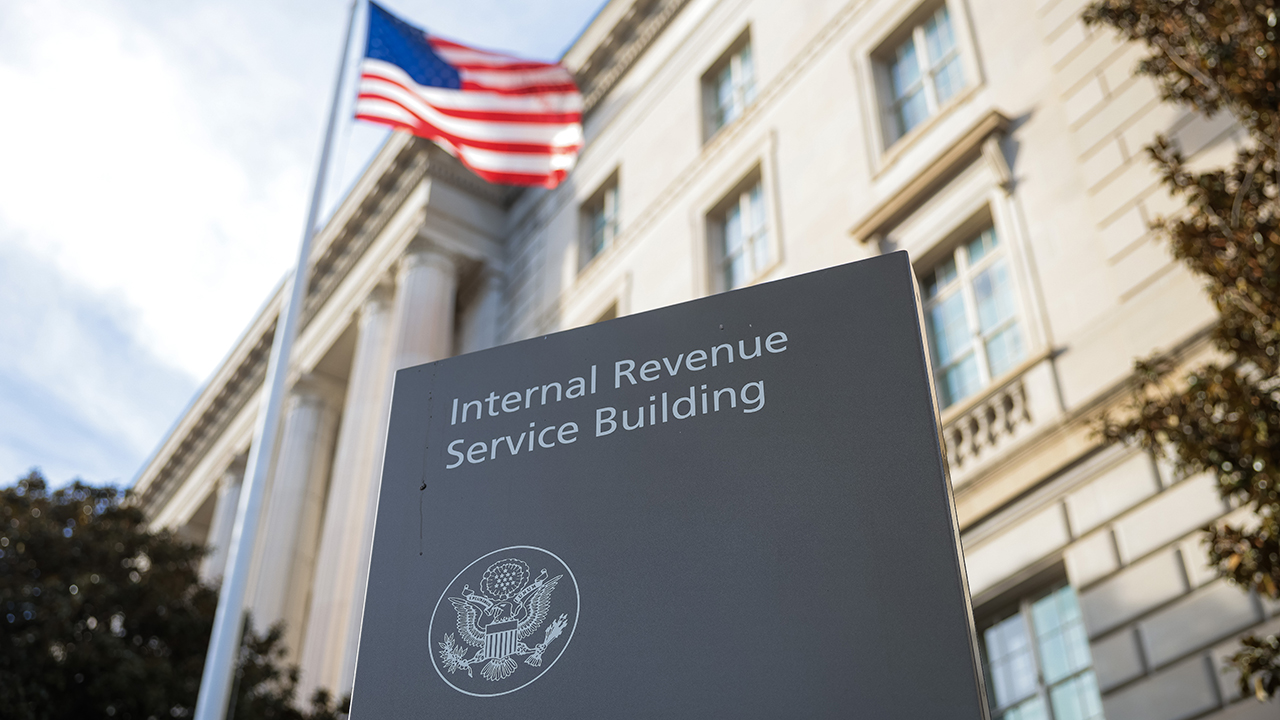The future of legal work isn’t legal work

For decades, legal teams have been under-resourced and over-relied upon. Stuck reviewing the same clauses, answering the same questions, and redlining the same contracts again and again. It worked, until it didn’t. Businesses move too fast now. Risk environments shift too quickly. And legal teams are still too small. AI is finally breaking the deadlock. We are entering the age of autonomous legal operations where contracts are no longer slow, manual blockers, but self-executing workflows powered by intelligent agents.
From legal gatekeepers to trust managers
In this new model, lawyers stop being gatekeepers and become architects. The job isn’t to touch every contract. It’s to define the system that governs how contracts move. Think playbooks, clause libraries, risk thresholds, escalation triggers, and fallback positions. All pre-set. All auditable. The lawyer becomes a Trust Manager. They design the protocols. The AI does the heavy lifting. Business teams can move fast without breaking things.
Contract agents are already here. Imagine a sales team starts a deal. They answer a few smart prompts, and the system drafts the contract, checks it against internal policies, recommends changes, and flags risk. All before legal even gets involved. Unless there’s an edge case or red flag, no human review is needed. That doesn’t just save time. It creates consistency, lowers spend, and scales compliance without scaling headcount.
What does it mean for business?
For startups and scaleups, the benefits are massive:
- Faster deal cycles: Commercial teams can create, edit, and agree on contracts in minutes, not days.
- Lower legal spend: Reduce reliance on external counsel for routine work.
- Scalable compliance: Every document is governed by the same rules, automatically.
- Empowered teams: Non-lawyers can confidently self-serve.
Even large companies are rethinking their legal departments around this model.
Suddenly, having a lean legal team isn’t a problem. It’s a strategic advantage. We’re already seeing forward-thinking companies operate with just one in-house lawyer because that one lawyer is empowered by an army of AI agents and a rules-based system they control.
So what’s next? We’re heading toward systems that learn with every contract they touch. AI agents that remember how your company negotiates and evolve your legal playbook in real time. Legal operations that benchmark themselves continuously against laws, market standards, and internal policy without needing to be told. This is not just automation. It’s compounding intelligence. The result is a trust layer that becomes safer and smarter over time, creating a legal infrastructure that improves without manual intervention.
The “One Lawyer Company”
This vision leads to what we call the One Lawyer Company. Not because it sounds futuristic, but because it is the most efficient way to operate. That lawyer is not drowning in admin or buried in markup. They are orchestrating the system. They are guiding strategy, refining guardrails, and stepping in only when the business truly needs judgment. The AI handles the rest. It’s not about having fewer lawyers. It’s about unlocking the full potential of the ones you already have.
This isn’t about replacing lawyers. It’s about putting them in the role they were always meant to play. High-trust decision-makers focused on strategy, governance, and judgment. Not copy-pasting clauses. As one GC told us, “I don’t want to review every contract. I want to empower the business to do that safely without me.” Thanks to AI, that’s no longer a vision for the future. It’s what’s happening now.
The post The future of legal work isn’t legal work appeared first on EU-Startups.















































